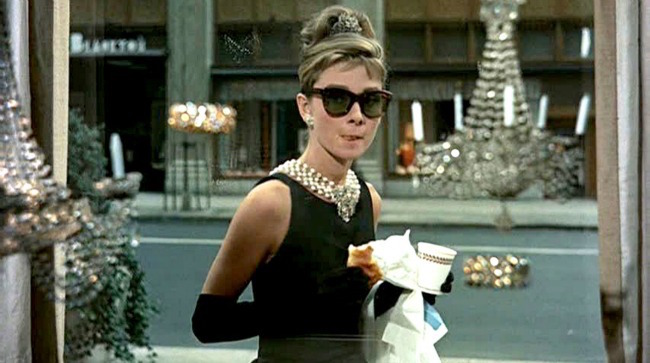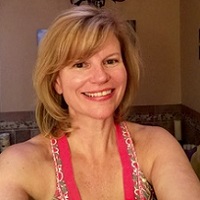“Let’s face it, a nice creamy chocolate cake does a lot for a lot of people; it does [it] for me.” ~ Audrey Hepburn
~
Over the past month, I attended two yoga seminars.
Both presenters had similar education, background, and experience levels—but conflicting views.
One presenter, a famous author and meditation expert, suggested we identify the things we love. In the “love” category, they allowed the inclusion of all sorts of activities—drinking coffee, watching TV, practicing yoga, and eating chocolate. Then we were asked to rank the activities in relation to our soul to find a clue to our dharma (or life’s purpose). During the discussion, this presenter admitted to eating small amounts of chocolate every day.
That would have been blasphemy in my second yoga seminar.
At the second seminar, I was told that to achieve enlightened meditation, I had to give up some of the very things I placed in my “love” category: chocolate, coffee, Bravo TV shows (probably should give those up anyway), and anything else that could be addictive or unhealthy for my body.
Two contrasting views about chocolate, among other things. I bet you can guess which one I preferred.
It seems enlightenment is in the eyes of the beholder.
Both experts could have the right approach—for them. To determine what works for me, I decided to do my own research.
The seminar experts based their lectures on translations of the Yoga Sutras (spiritual scriptures for yogis) and other ancient Indian texts. But these translations have innate biases because they were written by humans. As such, even if I could read the original texts, which are written in ancient languages like Sanskrit, I wouldn’t be receiving direct divine guidance.
So now what? Throw all this seemingly helpful advice out the window and begin a pizza, wine, and chocolate-induced TV marathon? That doesn’t seem enlightened, either.
I must admit, there have been times when reality was unbearable and indulgences like movie marathons provided a welcome escape. Yet I’ve also heard I should stand up and face my troubles head on.
In other words, be miserable. It’s good for you.
But perhaps we needn’t be too miserable. Perhaps a little escape is good (definition: a few hours of watching chick flicks) and a lot of escape is bad (definition: “Real Housewives of New Jersey” marathon, a bottle of red wine, and half of a birthday cake).
Maybe the experts we ought to be listening to are our bodies.
To understand my own body’s expert advice, I began to record its response to different inputs by:
- Tracking daily food and water intake. There are free phone apps that will do this easily. They track exercise and weight as well.
- Recording how I felt each morning. If I felt energetic and happy, I would take a look at how I ate, drank, and exercised the day before and increase or maintain those foods and activities. If I felt down and sluggish, I would look at the previous day’s log and decrease these things in the same manner. By doing this I realized that eating chocolate before bed does hinder my sleep, which makes me feel awful the next day and weakens my yoga and meditation practices. So I have stopped eating even a small amount of chocolate at the end of the day.
- Tracking dehydration and constipation. What goes in must come out (eventually). By taking this step, I was able to identify foods that did not agree with my constitution.
- Measuring the impact of meditating before eating. By taking 10 slow breaths and being grateful for the food or whatever else came to mind (friends, family, pets, job), I noticed that I felt calmer and ate only what my body needed.
From my personal research, I came to these conclusions:
1. Maintain a beginner’s eye when trying new foods or reading novel nutrition information.
2. Throw out preconceptions about what is right and wrong for your body.
3. Read about and try new foods and activities and observe their effect on how you feel.
Hopefully, if I keep listening to my body, my energy and disposition will improve, even if I indulge in something I love like an occasional, pre-dusk chocolate delight.
How might the tools above help you adhere to the advice of your own body, the most important expert on your physical and spiritual health?
“There is more wisdom in your body than in your deepest philosophy.” ~ Friedrich Nietzsche
`
Relephant:
Egoism, Food & the Yoga Sutras.
~
~
Author: Donna Yates Kling
Image: IMDB
Apprentice Editor: Gretta Keene
Editor: Callie Rushton
Copy Editor: Travis May
Social Editor: Yoli Ramazzina












Read 0 comments and reply